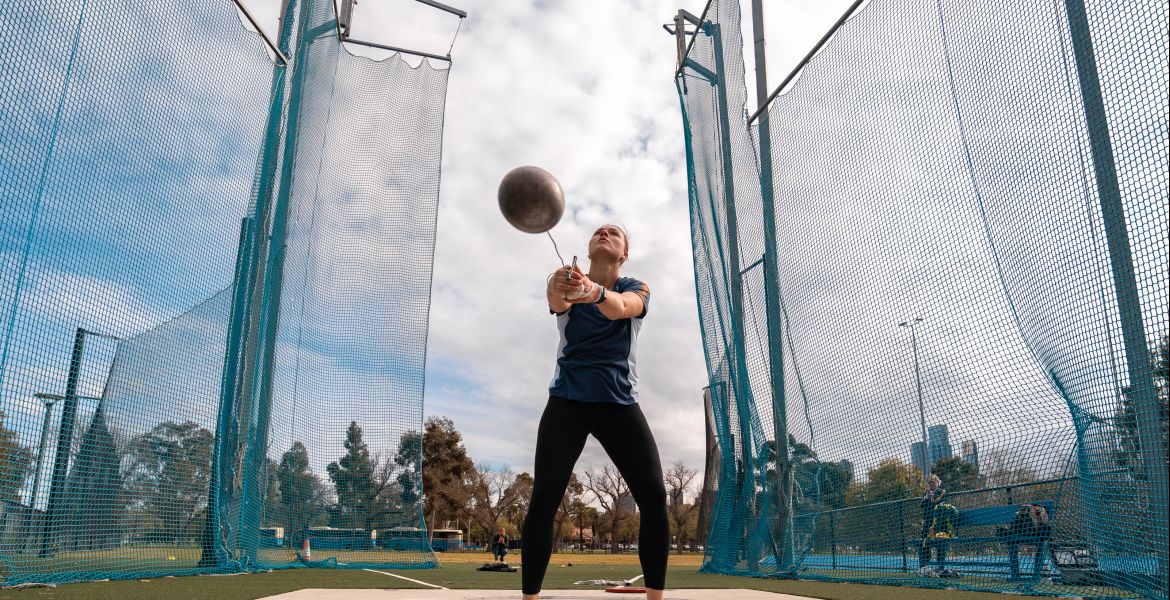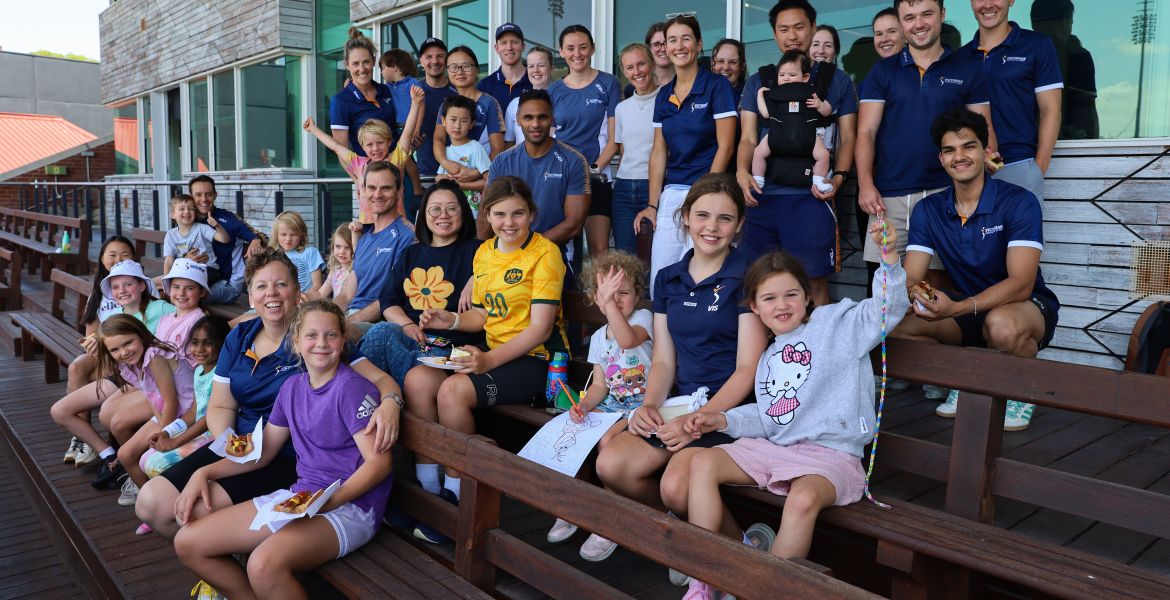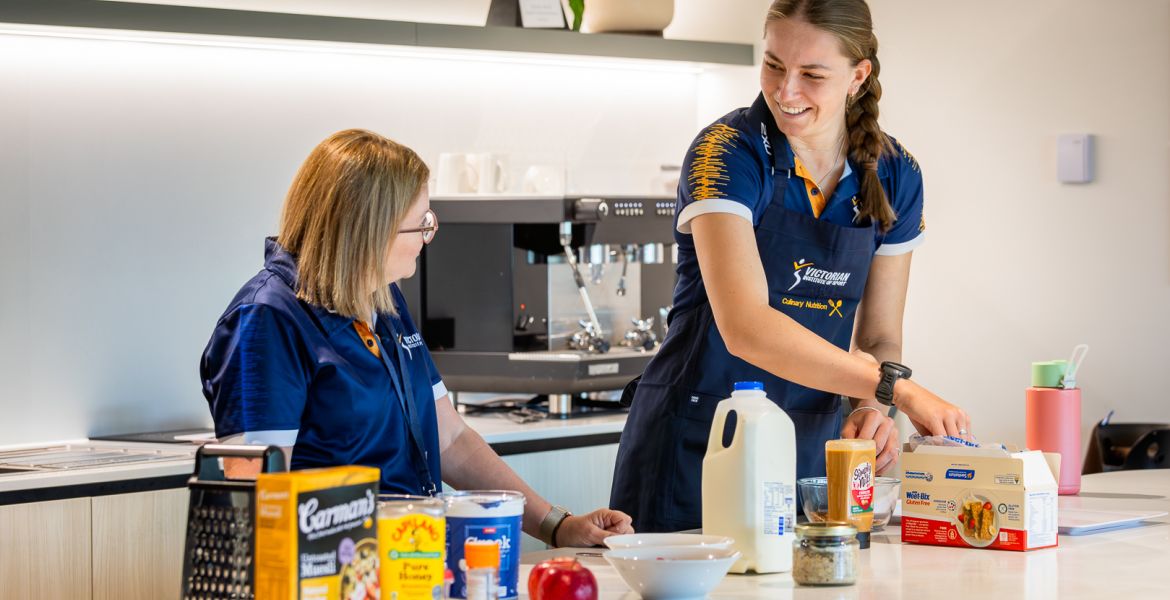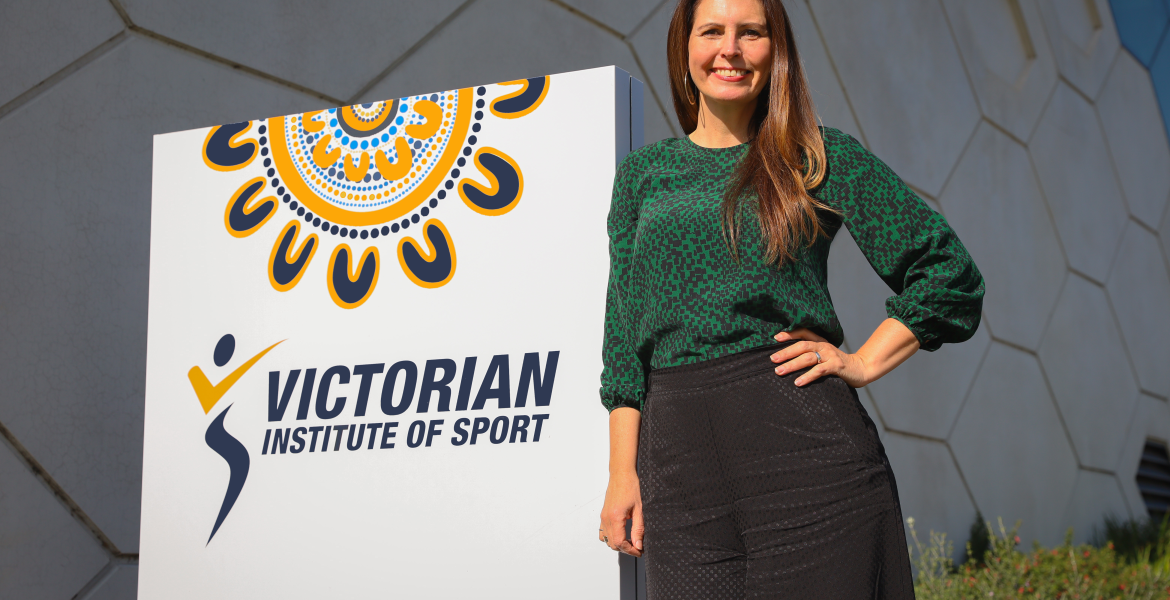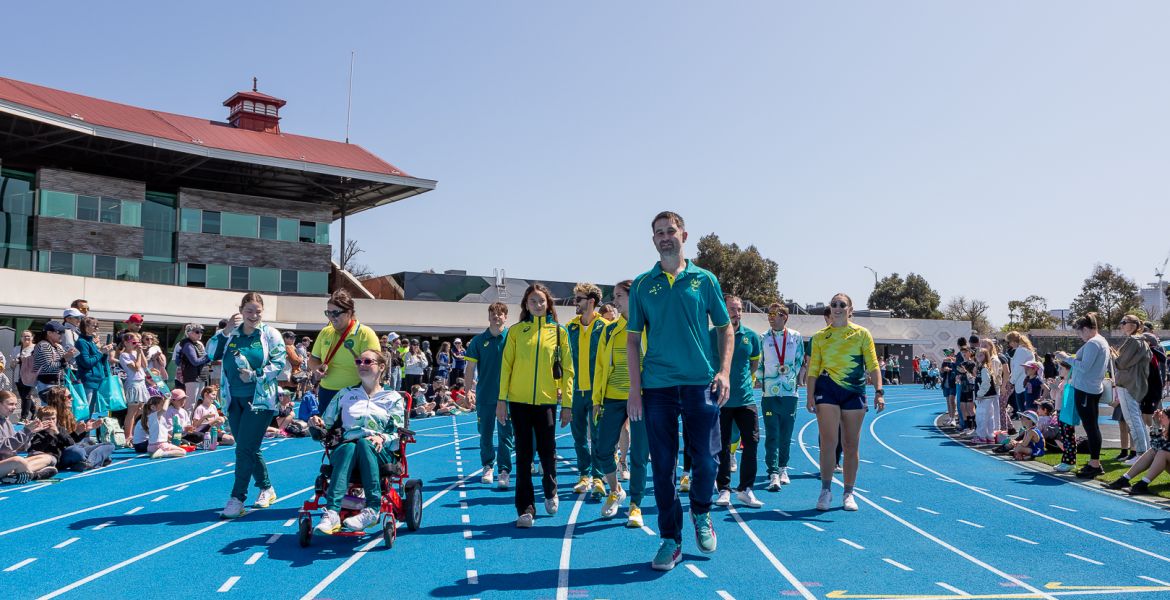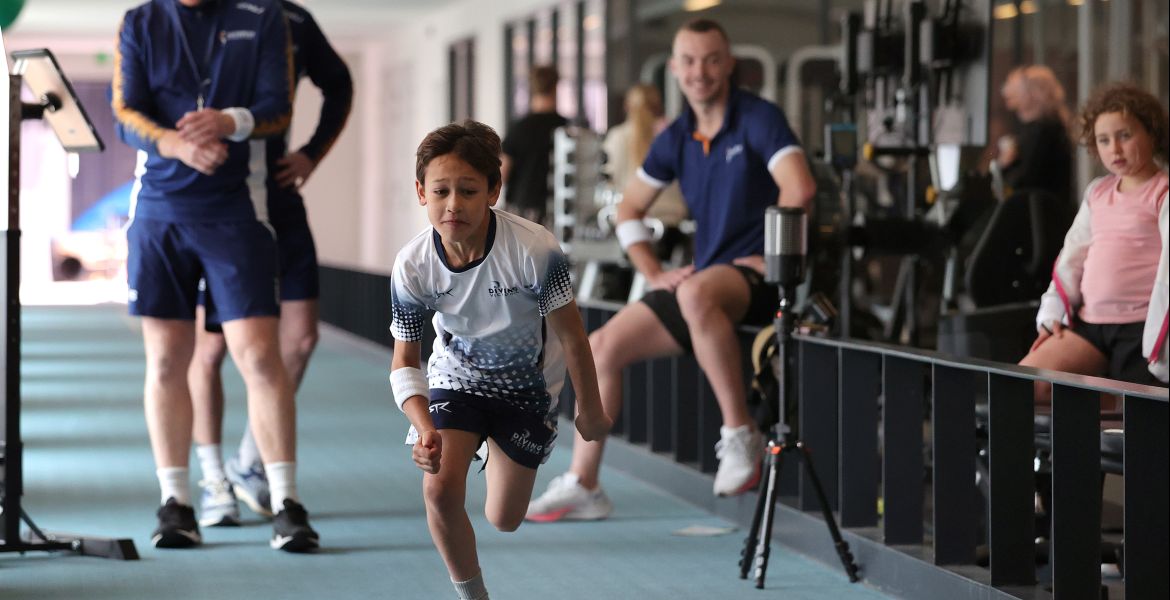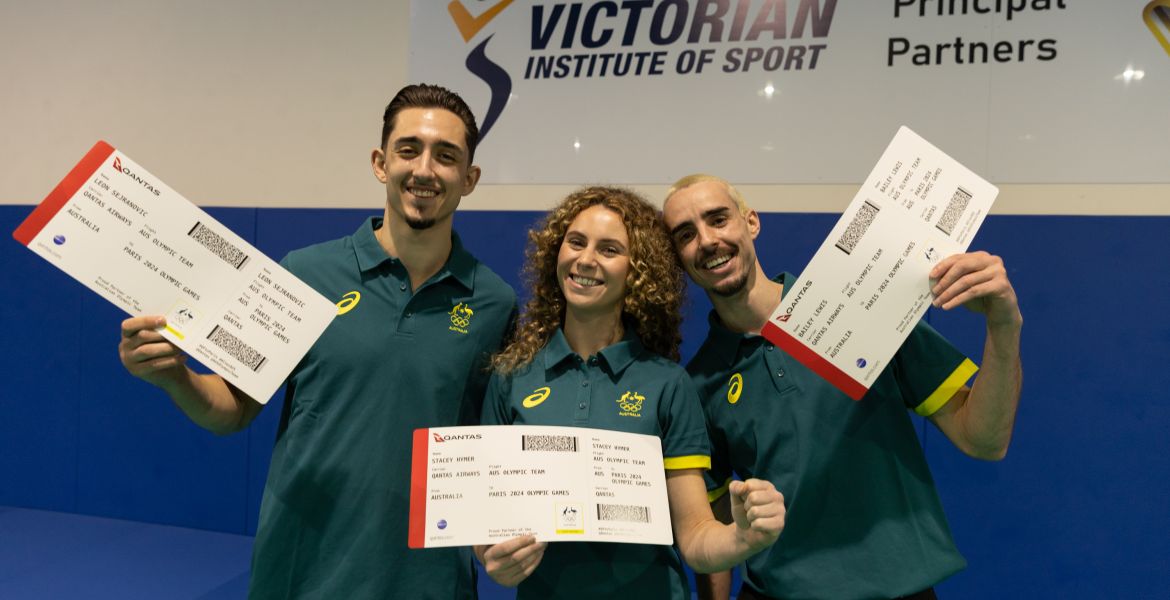You’ve heard of the phrase ‘right place at the right time’. Right?
But what of the line ‘right thought at the right time.’
Heard of it?
Laura Cosgrove has. In fact, the Victorian Institute of Sport (VIS) Performance Psychologist teaches it.
“Being able to identify when your focus has shifted to something unhelpful is the basis of the strategies I help athletes develop,” Cosgrove says.
“If athletes can become aware of that, returning their focus to the current moment can be done in a variety of ways, such as breathing or grounding strategies.”
If a lot of psychology is centred on individuals becoming more aware of what they are thinking or feeling and how that affects their behaviour, then helping athletes identify when they are distracted and how to return their focus to what is most helpful is as important.
“By being more aware, it also means that patterns can be identified and plans and strategies put in place to protect performance as much as possible,” Cosgrove adds.
“Psychology can be directed in both a reactive and proactive way as well as at an individual and group/program level. All of these different angles can help improve performance depending on what is a priority at the time.”
Cosgrove works with the likes of Jack Rayner, Jaryd Clifford and Abbey Caldwell in the VIS Athletics Program and explains that building rapport and trust with athletes and coaches is a non-negotiable in psychology.
“If the trust from the athletes and coaches isn’t there, it is very difficult to discuss their concerns and for them to feel comfortable bringing up potentially sensitive issues,” she says.
Although most of the typical concerns discussed are competition nerves, motivation, expectations, and goal setting, any life stressors that can distract from training or competition focus are considered within Cosgrove’s role.
It is her view that being led off piste by emotions or thoughts is not the core issue – it’s the response to them that causes the distraction.
“If we can accept and at times pre-empt these thoughts and feelings turning up, we have more mental capacity to redirect our attention to the task at hand.”
To hold the right thought at the right time.
Cosgrove is part of an eight-strong team of psychologists at the VIS.
Prior to her role at the VIS, Cosgrove was a psychologist at the English Institute of Sport, and worked across two successful Olympic cycles with Team Great Britain, including involvements with British Diving and British Cycling.


